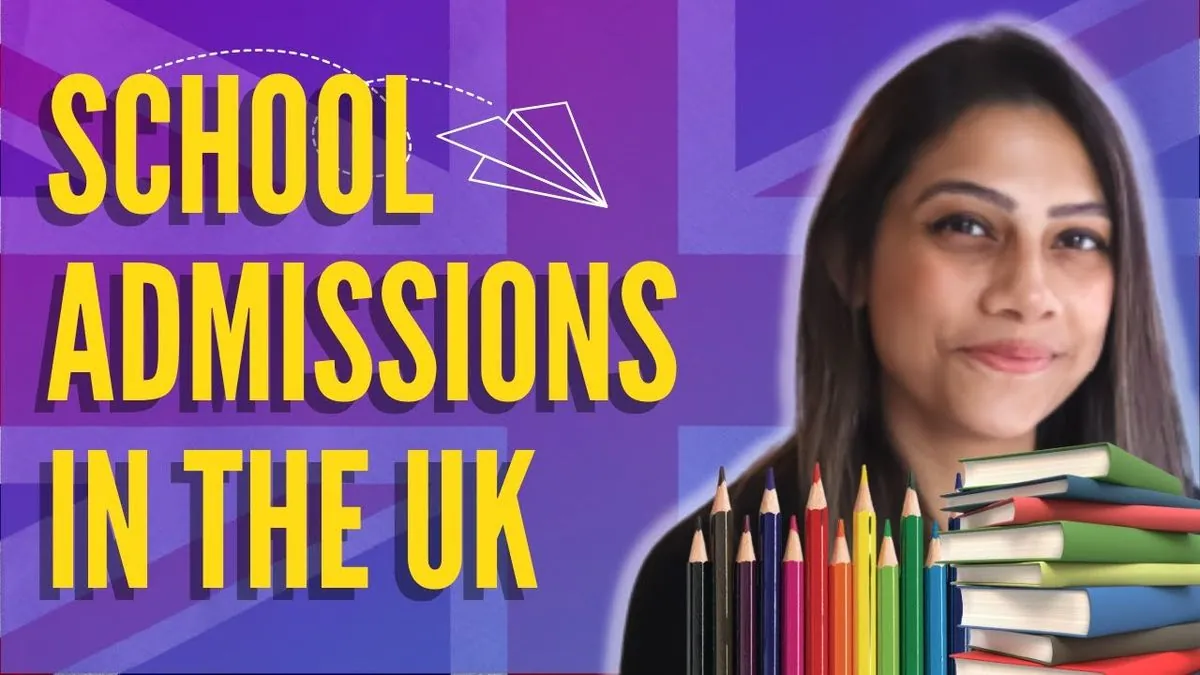UK Council's School Admission Request Sparks Controversy Amid VAT Changes
Buckinghamshire council faces criticism for asking parents to prove financial inability to pay private school fees. This comes as VAT addition to private education raises concerns about state school capacity.

In a controversial move, Buckinghamshire council has requested financial evidence from parents seeking to transfer their children from private to state schools. This action, which contradicts government regulations, has sparked debate about the implications of upcoming changes to private school fees.
The situation arose when a mother, who wished to remain anonymous, applied for places at two local secondary schools for her daughter. The council's response, stating that the preferred schools were full, included an unusual request for proof of financial inability to continue paying private school fees.
This request violates the Government's school admissions code, which explicitly prohibits local authorities from inquiring about a family's financial status during the application process. In England, all children between ages 5 and 16 are legally entitled to a free place at a state school, a fact that underscores the importance of equal access to education.

The council's actions come amid growing concerns about the impact of the government's decision to add VAT at the standard rate of 20% to private school fees starting January 1, 2025. This change has prompted many private schools to announce fee increases, potentially forcing some families to consider state education options.
"We apologise for the choice of language; we are happy to confirm this direct with the family and will not be seeking personal financial information from them or any other Buckinghamshire family."
The council has acknowledged a rise in applications from families with children in the independent sector in recent months. This trend aligns with estimates from the Institute for Fiscal Studies, which predicts that up to 40,000 private school children could be forced out of independent education due to the VAT changes.
The situation in Buckinghamshire reflects broader concerns about state school capacity. As of July 2023, only five out of 38 state secondary schools in the county had places available for Year 7 students, with even fewer spaces for Years 8 and 9.
Critics of the government's decision, including Greg Smith, Conservative MP for Mid Buckinghamshire, argue that the "financial attack" on private education will overcrowd the state system. Damian Hinds, the shadow education secretary, labeled the policy as "Labour's education tax" and predicted it would be "a disaster."
In response, a government spokesperson emphasized that ending tax breaks on private schools aims to raise revenue for education priorities, such as recruiting 6,500 new teachers. They also noted that despite a 75% increase in private sector fees since 2000, enrollment in independent schools has remained steady, suggesting that the VAT addition may not significantly impact the state sector.
As the debate continues, it's worth noting that the UK has one of the highest proportions of privately educated pupils in the developed world, with about 7% of children attending private schools. The private school sector, valued at approximately £7 billion annually, has long been a subject of discussion regarding its tax status and societal impact.
This situation highlights the complex interplay between private and state education in the UK, as well as the challenges faced by local authorities in managing school admissions amidst changing educational landscapes.


































